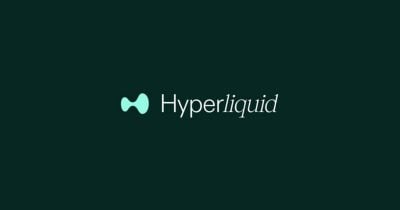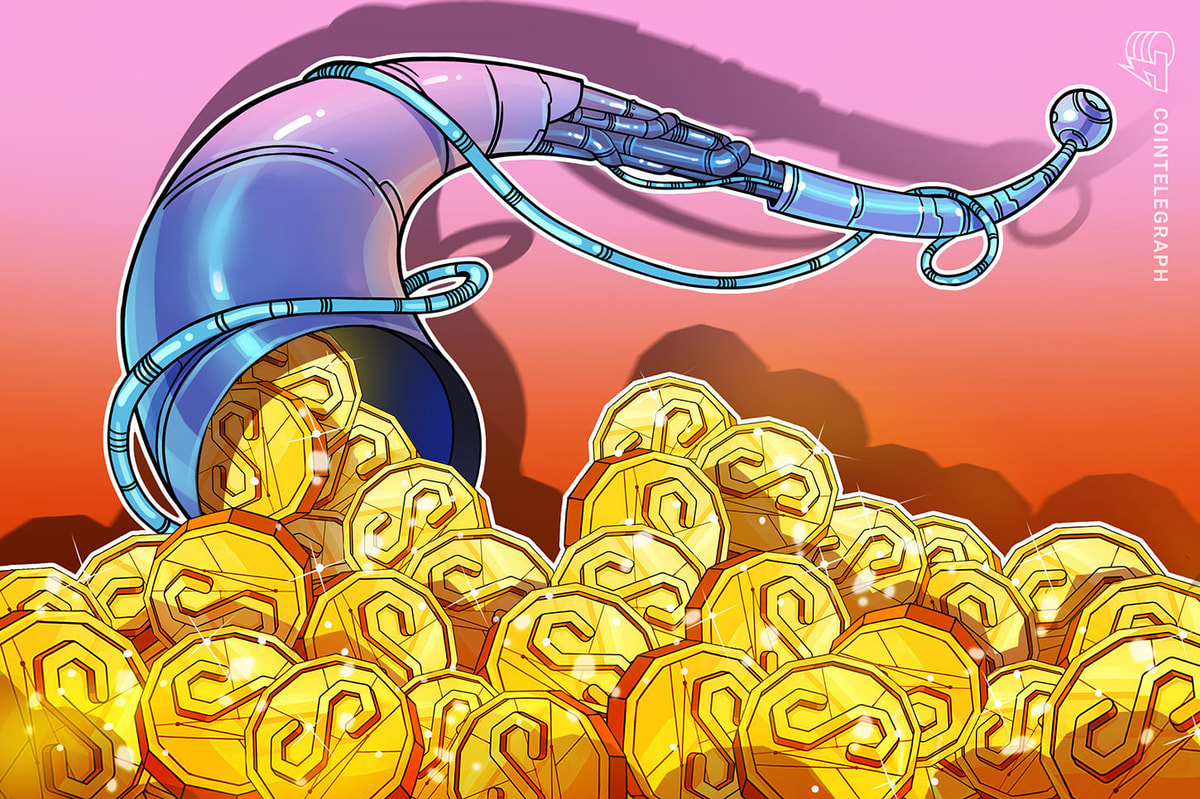Hyper Foundation addresses validator centralization allegations and outlines efforts to expand decentralization while defending its operational choices.

Photo: Hyperliquid Labs
Key Takeaways
- Hyperliquid denies allegations of selling validator seats and outlines future decentralization efforts, including a delegation program.
- Community feedback highlights issues with closed-source code and validator selection, prompting Hyperliquid to pledge improvements.
Hyper Foundation denied allegations about its validator selection process for the Hyperliquid perpetuals trading platform and Layer 1 blockchain in a detailed response posted on X.
Critics on X claimed validator seats were sold and the network was overly centralized.
Hyperliquid denied these claims, stating that all validators were selected based on testnet performance and that seats cannot be bought.
The network currently operates with 16 validators, a figure the foundation said will increase as the network grows.
The response followed Kam Benbrik’s viral letter on X, which criticized issues such as closed-source code, reliance on a single API, and limited validator incentives.
MetaMask security researcher Taylor Monahan, known on X as Tayvano, also commented on the letter, highlighting its broader implications for network transparency and decentralization.
Benbrik urged Hyperliquid to adopt transparent validator selection processes and improve decentralization to compete with major Layer 1 blockchains.
Hyperliquid defended its closed-source node code and single-binary system as necessary for performance but committed to making the code open-source once stable.
The foundation also outlined plans to support high-performing validators through its token delegation program to reduce dependency on foundation-controlled nodes.
The platform’s HYPE token, introduced in November 2024, reached a peak of $35 in December before declining to $21. The token maintains a market cap of $7.3 billion with 333 million tokens in circulation.
The foundation acknowledged existing validator challenges, including centralized API reliance and limited rewards, and announced plans to improve testnet onboarding processes and decentralize validator selection.
Disclaimer
 1 day ago
4
1 day ago
4








 English (US) ·
English (US) ·